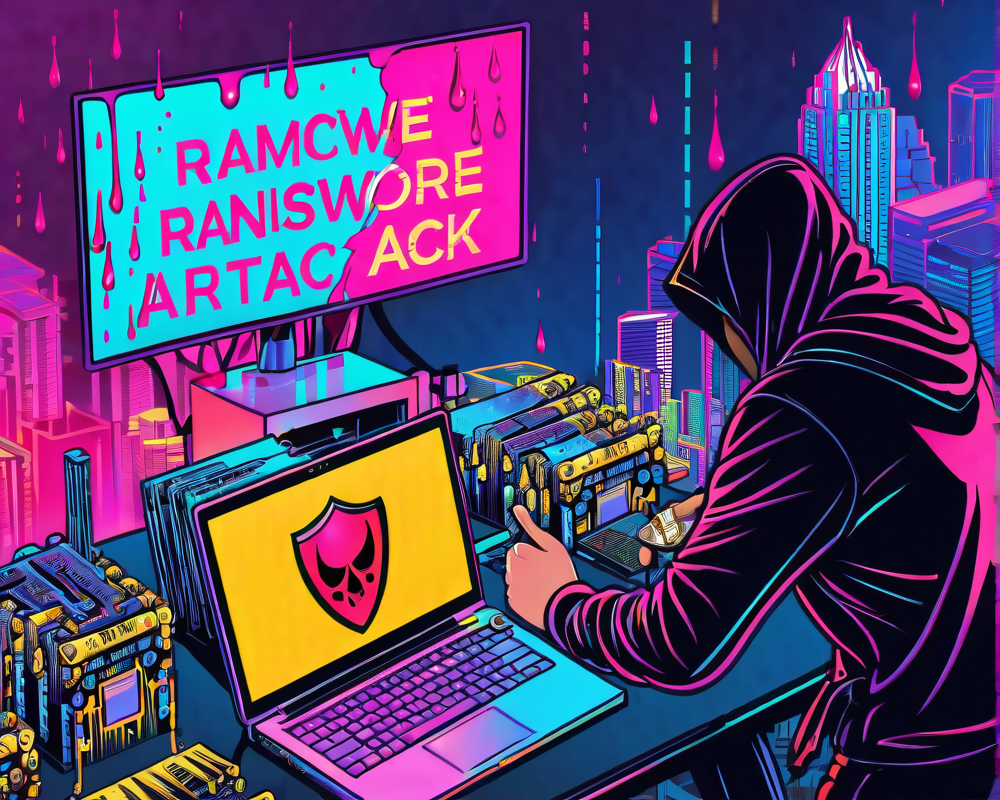The Cyberattack That Shook Atlanta
On March 22, 2018, Atlanta found itself under siege as hackers infiltrated key computer systems, paralyzing city operations. The attackers demanded a ransom of $51,000 in Bitcoin, sending shockwaves through the community. Mayor Keisha Lance Bottoms addressed the media, expressing concern and uncertainty over the extent of the breach, stating, “All of us are subject to this attack.” You could almost hear the collective gasp if you were listening closely enough.
Understanding the Situation
At around 5 a.m. on that fateful Thursday, the city first detected unusual outages affecting various customer-facing applications. Problems arose in systems that citizens rely on for essential services, such as bill payments and accessing court information. Talk about a Monday-in-March kind of disaster! The city assured the public they would keep updating relevant information as it emerged.
Who’s in the Line of Fire?
The FBI, the U.S. Department of Homeland Security, and tech giant Microsoft are stepping in to assist municipal officials in deciphering the chaos and restoring order. Meanwhile, the city urged residents to stay vigilant regarding their personal information. If it’s any consolation, no one wants their personal data compromised—unless you’re in an awkward text chain and desperately want to disappear.
What’s at Stake?
As the drama unfolded, the city’s cryptocurrency concern emerged. At the time of the ransom demand, Bitcoin was valued at around $8,500, making the ransom roughly equivalent to 6 BTC. This incident isn’t just a one-off; municipal ransomware attacks in recent years have spared no one. Similar cases, such as the Sacramento Regional Transit system attack demanding 1 Bitcoin, highlight an alarming trend where local governments are targeted. In this case, the ransom note was more digital than the rogue Christmas package bomb that threatened a market in Potsdam, Germany.
Lessons Learned and Possible Solutions
While the dust hasn’t fully settled on this attack, it raises important questions about cybersecurity in public sectors. How can city networks bolster their defenses against such attacks? Regular security audits, employee training, and investing in robust cybersecurity technology are critical steps. And, of course, say goodbye to the password ‘123456’—it’s so last decade.
Final Thoughts
As of now, Atlanta’s systems remain compromised, and the situation enters uncharted waters. It serves as a grim reminder that no one is safe in the digital age—from city halls to living rooms, the hackers are lurking, eager to pounce. Stay updated and secure your data; your personal information is far more valuable than any ransom note that may come your way!




